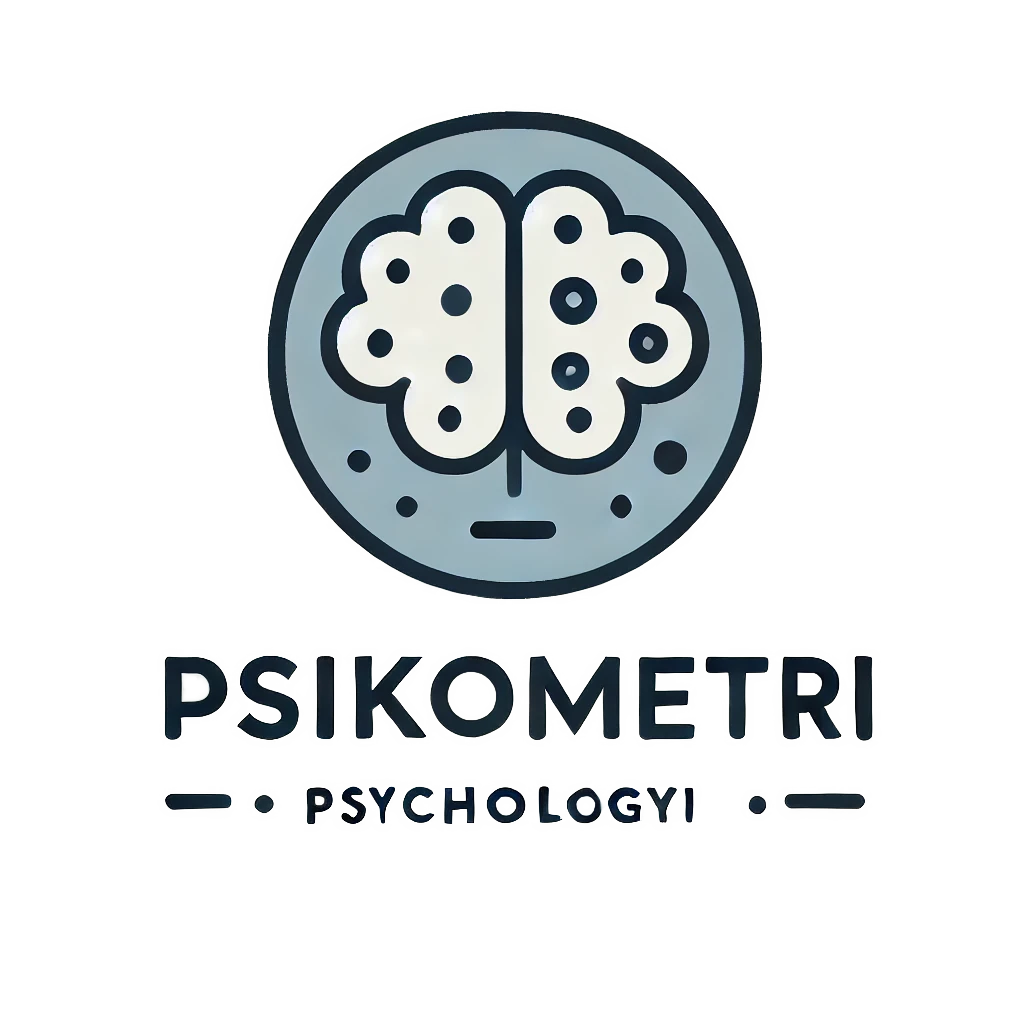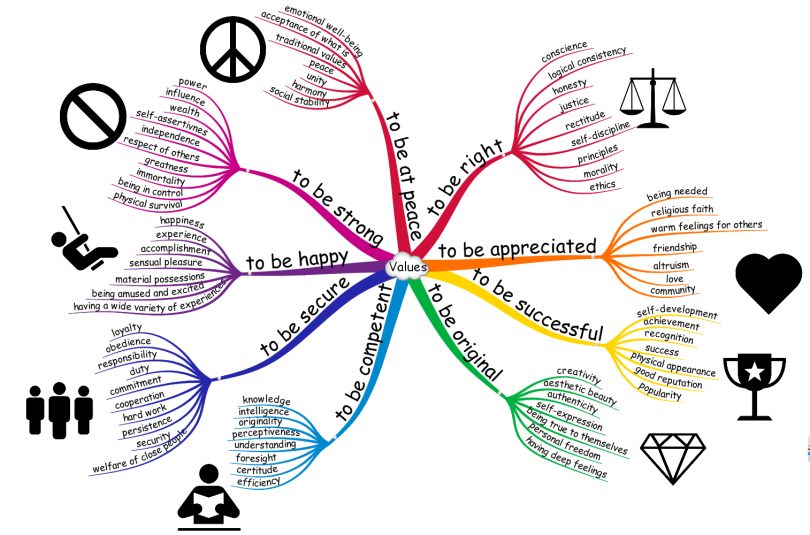
MMPI-2: A Critical Tool for Mental Health Assessment
October 20, 2024In today’s fast-paced world, mental health is an essential yet often overlooked aspect of overall well-being. Psychologists play a crucial role in diagnosing and treating mental health issues, and one of the most valuable resources they have at their disposal is psychometric tools. These standardized tests help professionals assess various aspects of a patient’s personality, cognitive functions, and emotional state, providing insights that are critical for creating personalized treatment plans.
Why Psychometry Matters in Mental Health
Psychometric assessments offer a reliable, scientific way of understanding a person’s mental health. Whether it’s for diagnosing disorders like depression or anxiety, or for exploring personality traits, these tools bring objectivity to the diagnostic process. Unlike traditional interviews, where responses might be influenced by a patient’s immediate emotional state, psychometric tests measure specific psychological attributes with a level of accuracy that helps reduce bias.
For example, the Minnesota Multiphasic Personality Inventory (MMPI) is often used to identify personality structures and psychopathology. When paired with clinical observations, results from such tests provide a more comprehensive picture of a patient’s mental health, offering a roadmap for effective interventions. Psychometry also plays a key role in guiding decisions for therapy types, medication, and other treatment strategies.
How Psychometry Tools Assist Psychologists
For mental health professionals, psychometric tests are like a compass guiding them through complex psychological landscapes. They help in:
- Accurate Diagnosis: Psychometric tools can detect nuances that might not be apparent in regular consultations. By identifying patterns in a patient’s responses, psychologists can pinpoint specific issues such as emotional dysregulation, cognitive impairments, or underlying mental disorders.
- Tailored Treatment Plans: Once a diagnosis is made, psychometric assessments help psychologists develop targeted treatment plans. For example, cognitive-behavioral therapy (CBT) might be recommended for anxiety, while dialectical behavior therapy (DBT) might be more effective for patients with borderline personality disorder.
- Monitoring Progress: Psychometric tests can also be administered throughout the course of treatment to monitor changes and improvements in the patient’s condition. This allows professionals to adjust treatments as needed, ensuring the best outcomes for their patients.
Enhancing the Science of Psychometry
Despite the invaluable role psychometry plays in mental health, there’s always room for growth. Advances in technology and data analytics could further enhance the precision and accessibility of these tools. Here are a few practical ways psychometry could be improved:
- Integration with AI: Artificial intelligence has the potential to analyze psychometric data more quickly and with greater precision than humans alone. AI could offer predictive insights based on large datasets, giving psychologists the ability to foresee how a patient’s condition might evolve and tailor interventions accordingly.
- Digital Platforms for Remote Testing: With the rise of telemedicine, having digital versions of psychometric tools can allow for remote assessment. Patients could complete tests from the comfort of their homes, and results would be automatically analyzed and sent to the psychologist for review. This would expand access to mental health care, particularly for those living in remote areas.
- Continuous Data Monitoring: Wearable technology, such as smartwatches, could be integrated with psychometric assessments to provide real-time data on a patient’s mental state. Continuous monitoring could be especially useful for individuals suffering from conditions like anxiety or PTSD, where mental states can fluctuate significantly throughout the day.
Conclusion
Psychometry is an indispensable tool in modern mental health care, providing reliable data that helps psychologists diagnose, treat, and monitor patients more effectively. As technology continues to evolve, these tools are likely to become even more sophisticated, offering new opportunities for enhancing mental well-being. For both patients and psychologists, the continued advancement of psychometry represents a promising future in the quest for better mental health.



